The No. 1 killer on the planet is heart disease, characterized by clogging of the arteries, which kills one in four people, according to the Centers for Disease Control and Prevention. What makes heart disease so deadly is the progressive buildup of plaque in the arteries that narrows the inner walls, restricting and eventually blocking blood flow.
Arteries are the blood vessels that deliver oxygen-rich blood from the heart to various tissues in the body. When plaque builds up and blood flow is obstructed, these clogged or blocked arteries can lead to more serious problems such as heart attack, stroke and other cardiovascular diseases.
What can you do to keep your arteries healthy and unclogged? Food can be used as a natural remedy to unclog and prevent further damage to the arteries.
In the gallery, we've rounded up 10 of the best foods you can eat to prevent your arteries from clogging.
Asparagus
Asparagus is one of the best artery-cleansing foods. They are full of fiber and minerals, help lower blood pressure and prevent blood clots that can lead to serious cardiovascular disease. Their beneficial substances work in the veins and arteries to relieve inflammation that may have built up over time. Eating asparagus increases the body's production of glutathione, an antioxidant that fights inflammation and prevents damaging oxidation, which causes clogged or blocked arteries. It also contains alpha-linoleic acid and folic acid, which prevent hardening of the arteries.
Asparagus can be eaten steamed, roasted, grilled or even raw in a salad.
Avocado
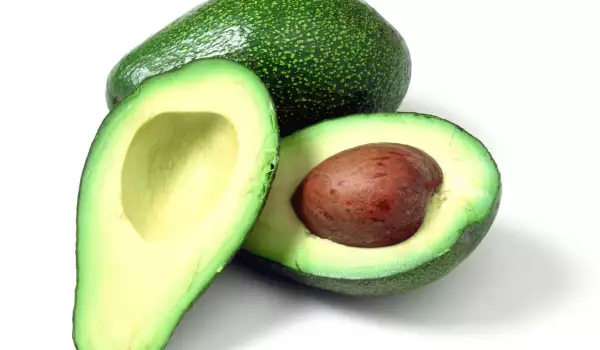
Avocados help reduce bad cholesterol and increase good cholesterol, which helps clear arteries. It also contains vitamin E, which prevents the oxidation of cholesterol, as well as potassium, which is known to lower blood pressure.
Avocado can be used in sandwiches, in avocado salads and of course - in guacamole.
Broccoli
Broccoli can prevent artery clogging, because it is loaded with vitamin K. Broccoli also prevents cholesterol from oxidizing and is full of fiber, which lowers blood pressure and reduces stress. Stress can cause tearing and plaque build-up in artery walls. Broccoli also contains sulforaphane, which helps the body use proteins to prevent plaque build-up in the arteries. Two to three servings of broccoli per week are recommended for maximum benefits.
Broccoli can be grilled, roasted, steamed, or used in vegetable soups.
Oily fish
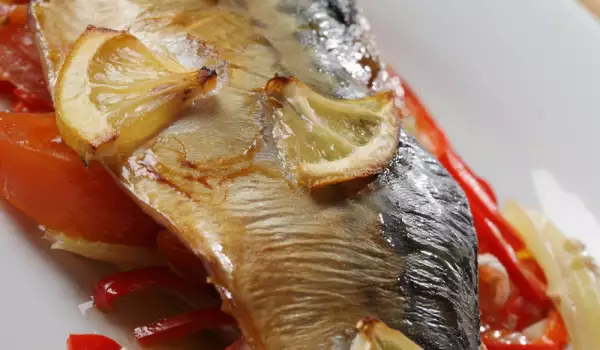
Mackerel, salmon, sardines, herring and tuna are rich in healthy fats that can help clear your arteries. Omega-3 fatty acids help increase good cholesterol by lowering triglyceride levels, reduce blood vessel inflammation and blood clot formation in the arteries and may even lower blood pressure.
The American Heart Association recommends that people eat fish at least twice a week to reduce plaque build-up.
Baked or grilled are the most recommended options for fish consumption.
Nuts
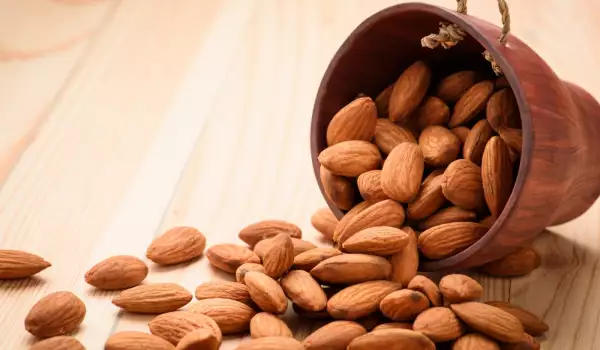
Almonds are the best choice, because they are high in monounsaturated fats, vitamin E, fiber and protein. The magnesium in almonds prevents plaque formation and lowers blood pressure. Walnuts are another good source of omega-3 fatty acids, which will lower bad cholesterol and increase good cholesterol, which, in turn, will reduce the risk of plaque buildup in the arteries.
The American Heart Association recommends three to five servings per week (one serving is equivalent to 1 handful).
Olive oil
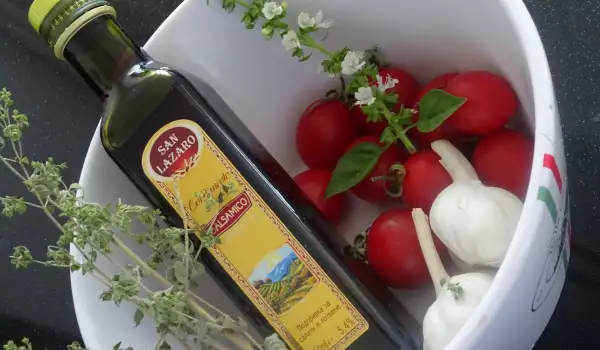
Olive oil is rich in monounsaturated oleic acid, an essential fatty acid that lowers bad cholesterol and raises good cholesterol. Rich in antioxidants, olive oil is one of the healthiest oils to use in cooking or as a dressing.
Use olive oil instead of butter. It is recommended to choose 100% organic virgin olive oil for maximum health.
Watermelon

This favorite fruit is a great natural source of the amino acid L-citrulline, which increases nitric oxide production in the body. Nitric oxide causes arteries to relax, reduces inflammation and can help lower blood pressure. Watermelon also helps modify blood lipids and lowers fat accumulation in the abdominal area.
Turmeric
The main component of this spice is curcumin, which is highly anti-inflammatory. Turmeric reduces damage to arterial walls that can lead to blood clots and plaque formation. Turmeric also contains vitamin B6.
Turmeric can be used both in desserts and as a spice in savory dishes. One way to get your daily dose is to drink a glass of warm turmeric milk daily.
It is not recommended to consume turmeric by pregnant and lactating women.
Spinach
It contains potassium, folic acid and fiber, which help lower blood pressure and prevent artery clogging. One serving a day helps lower homocysteine levels, which is a risk factor for heart diseases such as atherosclerosis.
It doesn't matter whether you eat it raw or cooked, the benefits of spinach are the same. So try it in salads, glazes, and even in your omelette.
Whole grains
They contain soluble fiber that binds to excess LDL cholesterol in your digestive tract and removes it from your body. Whole grains also contain magnesium, which dilates blood vessels and keeps blood pressure at regular levels.
The American Heart Association recommends at least six daily servings of whole grains -- wholemeal bread, brown rice, quinoa, barley and oatmeal -- to improve cholesterol levels and keep your arteries clear.
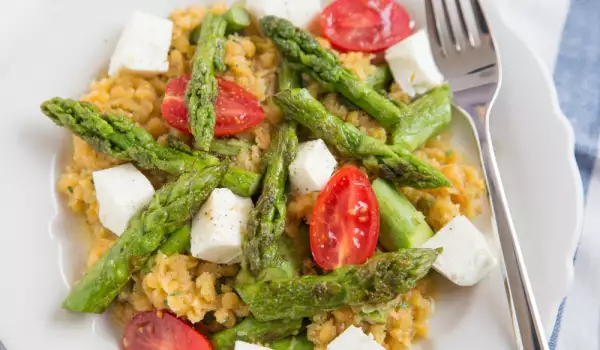
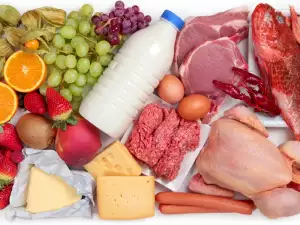
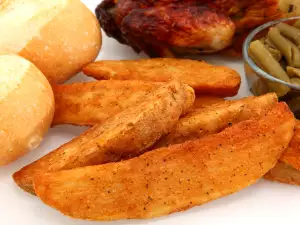


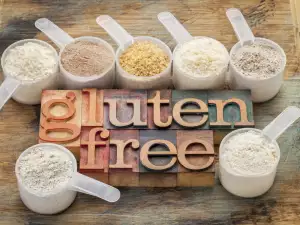

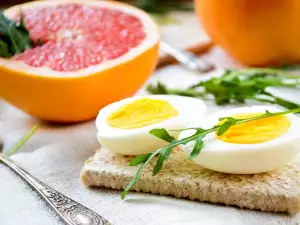







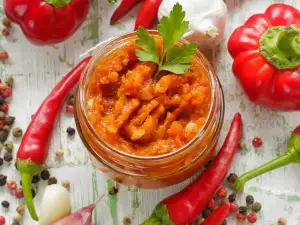




Comments